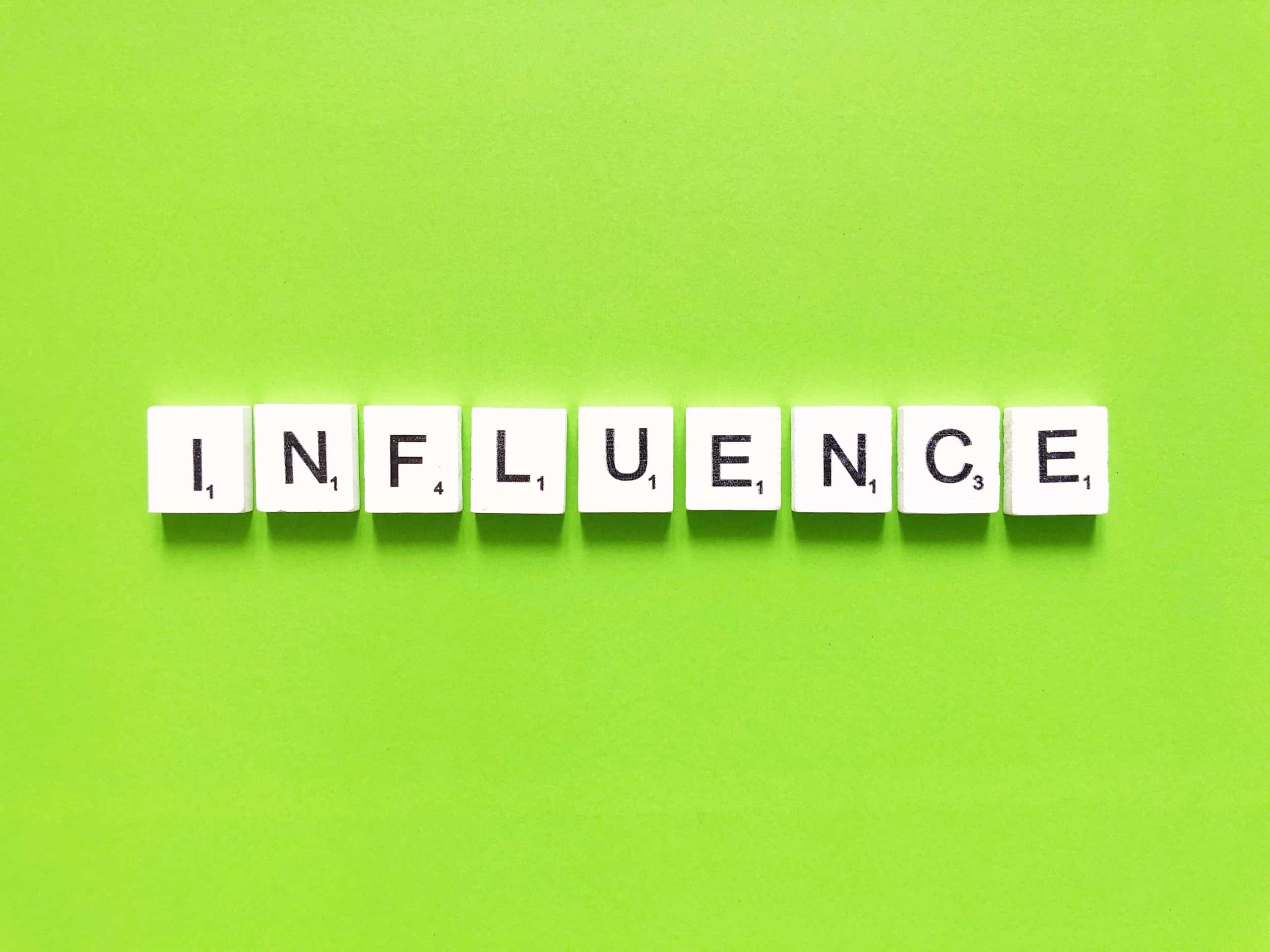In an increasingly globalized world, individuals are more frequently exposed to varied cultural environments. Whether through global travel, digital connectivity or multicultural communities, this exposure has profound effects on our mental flexibility and creative capabilities. This essay will delve into the scholarly research available on this topic, focusing on studies conducted by institutions such as the American and Chinese universities. By exploring this theme, we will gain a fuller understanding of the intricate relationship between cultural exposure and mental adaptability.
The Influence of Multicultural Environments on Mental Flexibility
Research conducted by universities and scholars worldwide suggests that exposure to diverse cultures enhances mental flexibility. Psychological studies, commonly referenced on platforms like Google Scholar or Crossref, have investigated this link, with a particular focus on students in multicultural environments.
Sujet a lire : What Is the Role of Digital Health Coaches in Managing Chronic Conditions?
In a university setting, students come from various backgrounds and cultures, creating a melting pot of experiences. Exposure to these different cultural norms compels individuals to adapt their thought processes and perspectives, enhancing their mental flexibility.
A study conducted by the University of Michigan revealed that American students who had multicultural experiences, such as studying abroad or interacting significantly with foreign students, showed improved cognitive flexibility. They were found to be more adept at switching between tasks and thinking ‘outside the box.’
Dans le meme genre : Can Phytomedicine Be an Effective Complementary Treatment for Managing Menstrual Cramps?
The Impact of Cultural Exposure on Creativity
The effects of cultural exposure are not limited to mental flexibility. Research also indicates a direct relationship between engagement with diverse cultures and creativity. The cultural experience provides a wealth of new ideas, viewpoints, and traditions that can stimulate individual creativity.
A study published in the Journal of Applied Psychol found that individuals who had lived abroad were more likely to display enhanced creativity in tasks involving idea generation and problem-solving. This finding suggests a strong connection between multicultural experiences and innovative thinking.
Chinese scholars have also delved into this topic, exploring how their rapidly globalizing society impacts creativity. A study by researchers at Beijing Normal University found that Chinese students who had international experience exhibited higher levels of creativity compared to their peers who had not had such exposure.
The Role of Cultural Differences in Fostering Creativity and Flexibility
The degree to which cultural exposure affects creativity and flexibility largely depends on the differences between the individual’s original culture and the new one. For instance, an American student studying in a Western-European country might not experience the same level of cultural shock, and consequently mental stretch, as they would if they studied in an East-Asian country.
Such experiences of cultural divergence can challenge individuals’ existing schemas and push them to accommodate new cultural norms – a process that stimulates the mind, fostering mental flexibility and creativity.
Moreover, individuals who immerse themselves in cultures that greatly differ from their own often find themselves in situations where they must reconcile cultural contradictions. This process can stimulate cognitive complexity and creative thinking.
The Importance of Active Engagement in Cultural Exposure
The depth of cultural immersion plays a significant role in how much an individual can mentally gain. Passive exposure, such as watching foreign films or eating international cuisine, may not have as profound an impact as active engagement.
Active engagement involves immersing oneself in the culture, learning the language, understanding the history, and participating in cultural practices. Scholars argue that this level of engagement can give a more authentic and enriching cultural experience, leading to a more significant enhancement of mental flexibility and creativity.
In conclusion, it is clear that exposure to different cultural environments can greatly enhance mental flexibility and creativity. More specifically, active engagement with diverse cultures, and those vastly different from our own, can lead to a richer experience and greater cognitive benefits. As we continue to live in an increasingly multicultural world, these findings underscore the importance of embracing cultural diversity – not just for social harmony, but also for our individual cognitive development.
The Interplay between Cultural Exposure and Creative Problem-Solving
One of the most compelling impacts of exposure to different cultures is its influence on problem-solving abilities. As expounded in numerous studies indexed in databases like Crossref Google and PubMed Crossref, the process of understanding and navigating cultural differences can significantly improve an individual’s ability to think creatively and approach problems from novel angles.
Take, for instance, the concept of divergent thinking. It is a method used to generate creative ideas by exploring many possible solutions. A multicultural experience often necessitates this kind of thinking as individuals are compelled to see beyond their cultural norms and consider alternative perspectives. This exercise in cognitive flexibility can enhance one’s problem-solving skills, as a study cited on Google Scholar confirmed.
Moreover, a pubmed abstract from a study by the National University of Singapore revealed that students who had lived abroad demonstrated superior performance in creative tasks. They were found to be more adept at divergent thinking and displayed an enhanced ability to consider a problem from multiple perspectives. This points to the very real benefits of cultural immersion on creative performance.
Therefore, it’s not surprising that many businesses and organizations now place a high value on employees with multicultural experiences. They recognize that these individuals bring unique creative processes and problem-solving approaches to the table, which can drive innovation and success.
The Potential of Digital Connectivity in Enhancing Mental Flexibility and Creativity
In the era of digital globalization, we can’t overlook the role of digital connectivity in broadening cultural exposure. Virtual platforms have made it possible for individuals to interact with different cultures without physically crossing borders. Websites, applications, and social media networks provide ample opportunities for individuals to engage with diverse viewpoints and ideas, ultimately enriching their creative performance.
A recent study indexed on DOI Crossref explored this concept, examining the impact of digital cultural exposure on cognitive flexibility and creativity. Participants who regularly engaged with diverse cultural content online exhibited a significant improvement in their creative thinking and problem-solving skills.
While physical immersion in a new culture may provide a more intense and immediate impact, digital connectivity is an accessible and effective way of cultivating mental flexibility and creativity. Engaging with different cultures digitally – whether through language learning apps, international news platforms, or cross-cultural collaborations – can stimulate the mind and foster cognitive growth.
Conclusion: The Imperative of Cultural Exposure for Cognitive Development
In light of the evidence presented, it’s clear that exposure to different cultural environments is a powerful catalyst for enhancing mental flexibility and creativity. The process of navigating cultural differences, whether physically or digitally, compels individuals to stretch their cognitive boundaries and embrace divergent thinking.
The importance of active engagement in these multicultural experiences should not be underestimated. By fully immersing themselves in a new culture – learning the language, understanding the history, and participating in cultural practices – individuals can reap the most cognitive benefits.
As our world continues to globalize, these findings underscore the importance of fostering cultural diversity and intercultural exchange. It’s not just about social harmony – embracing cultural diversity is a key driver for our individual cognitive development. It equips us with the mental flexibility and creative capabilities we need to navigate an increasingly interconnected world.











